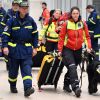“I’m literally a doctor without borders”
Parnian Parvanta provides medical aid in crisis areas worldwide. An interview with the chair of the German section of Médecins Sans Frontières.
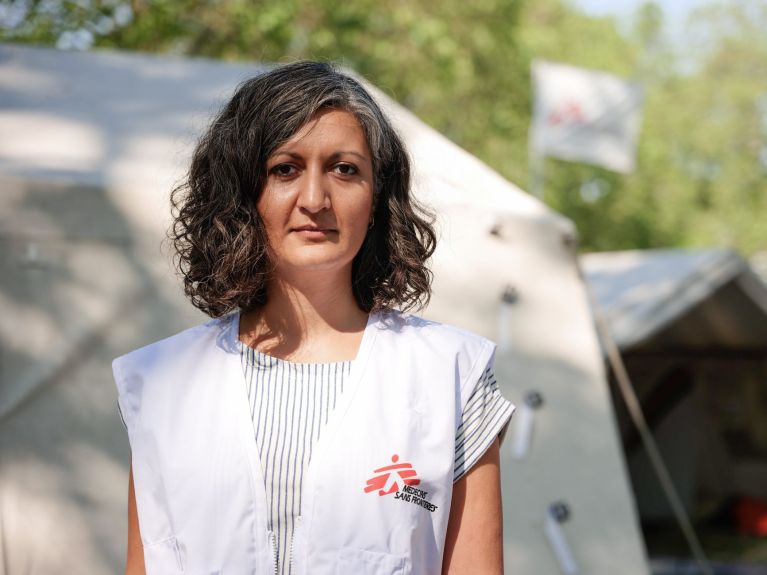
Her voice sounds calm, but her determination is unmistakable. Parnian Parvanta has a clear goal in mind: unconditional help for people in need, regardless of their origins, skin colour, religion, gender or political convictions. “The name of our organisation reflects my personal motivation, too, because I literally see myself as a doctor without borders,” says the chair of the German section.

Parvanta fled with her family from Afghanistan to Germany as a young girl. Her own story made her an advocate of universal human dignity – a principle that guided her through her medical studies and ultimately to Médecins Sans Frontières (doctors without borders).
Joy and anger
A gynaecology specialist, Parvanta’s first assignment was in the Central African Republic in 2011. This was followed by periods spent in India, Nepal, Nigeria, Côte d’Ivoire and Iraq. Parvanta says you have mixed emotions when you’re working in a crisis region: “There’s the joy of being able to help and really work well together as a team with the colleagues who are permanently on site – they’re the real heroes anyway. But then there’s also a sense of anger about all the unnecessary suffering in the world.”
Sudan: away from the spotlight
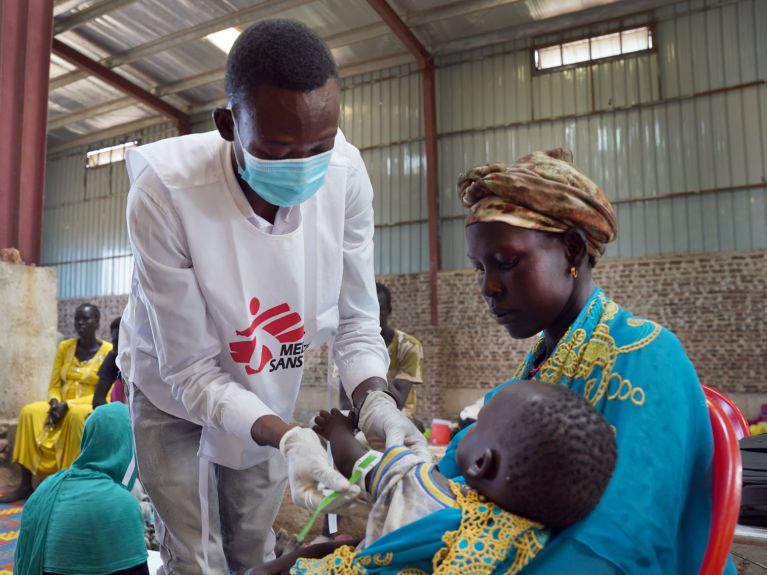
One particularly drastic example of a current crisis is Sudan. Long marked by violent conflict, the country saw an outbreak of civil war in April 2023, which in turn resulted in a severe famine. “The situation gets very little international attention, but the situation is catastrophic. Every day, a lot of people suffer because they fail to get medical care,” says Parvanta. The 42-year-old is troubled by the countless human dramas that lie hidden behind the cold statistics: “Around 800 pregnant women or women giving birth die every day worldwide because they do not receive adequate treatment, or none at all,” she explains.
Dieses YouTube-Video kann in einem neuen Tab abgespielt werden
YouTube öffnenThird party content
We use YouTube to embed content that may collect data about your activity. Please review the details and accept the service to see this content.
Open consent formWhen health becomes a target for attack
Another bitter reality that Parnian Parvanta does not want to accept: “Although the global community has agreed not to attack medical facilities in geopolitical conflicts, we repeatedly see warring parties bombing clinics – and injuring or killing innocent carers and patients in the process.” The 65,000 or so people who work for Médecins Sans Frontières around the world often put their own lives in danger. Eight employees have been killed in Gaza alone since October 2023.
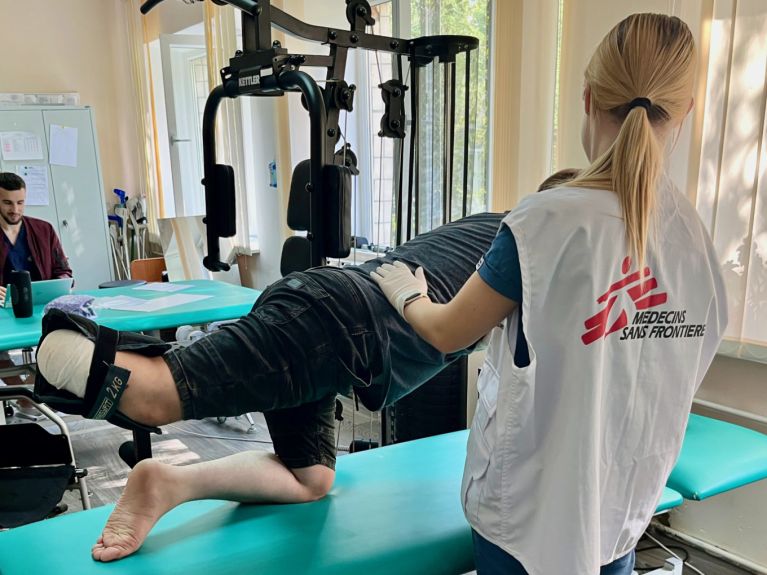
Empathy and solidarity
In addition, they are often confronted with tragic destinies in the course of their work – something that is by no means easy to deal with even for an experienced aid worker. “There’s a high level of psychological strain. But our employees are not left to fend for themselves. We offer them professional support around the clock,” says Parvanta. It is particularly important to her that people in wealthy countries such as Germany show even more empathy and solidarity – for the large numbers of people in need.
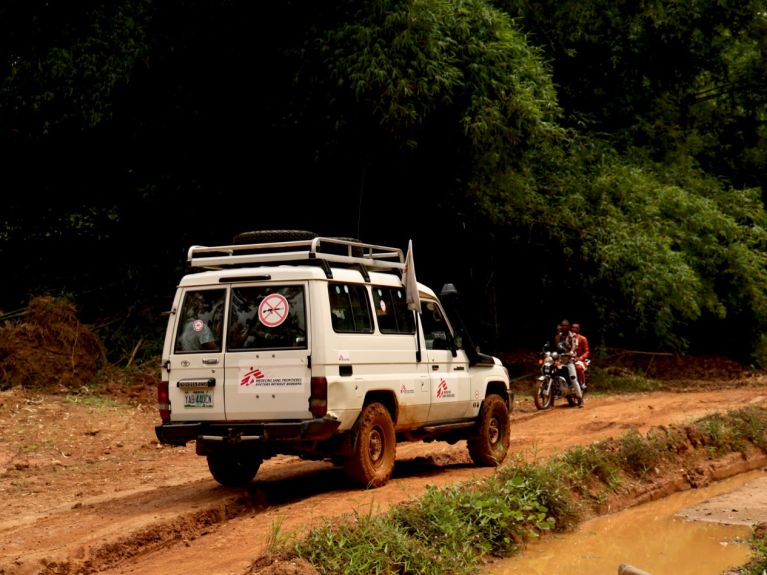
Doctors Without Borders
The organisation was founded in France in 1971 as Médecins Sans Frontières (MSF). Since then, the aid organisation has set up its own associations worldwide, including a German section in 1993. Today, MSF is a global network with 26 member organisations and around 65,000 employees who provide emergency medical aid in more than 70 countries.



